Airline Maintenance and Aircraft Manufacturing: Analyses of Select Issues
The passenger airline industry in the United States has gone through significant changes since deregulation in 1978. In domestic operations, airlines now have almost total freedom to determine which markets to serve and what airfares to charge. Competitive forces, as well as higher fuel prices and changing travel patterns, have placed the industry under financial pressure, as evidenced by numerous mergers and bankruptcies. To stay competitive and profitable, many airlines have joined alliances. Price competition has forced airlines to contain costs. One of the practices aimed at keeping costs competitive is the outsourcing of aircraft maintenance, repair, and overhaul (MRO), either domestically or to foreign countries. This book focuses on U.S. passenger airlines because their outsourcing of maintenance, especially to foreign countries such as China and El Salvador, has generated specific concern among Members of Congress. This book analyzes trends in MRO outsourcing and explains the major factors contributing to them; considers safety consequences, employment effects, and regulatory implications of increased foreign maintenance of U.S. passenger aircraft; provides factors affecting U.S. titanium aircraft component manufacturers' markets; and discusses the manufacturing trends of unmanned aircraft systems.
{{comment.content}}
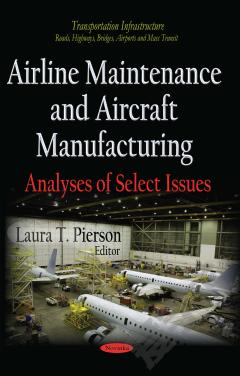
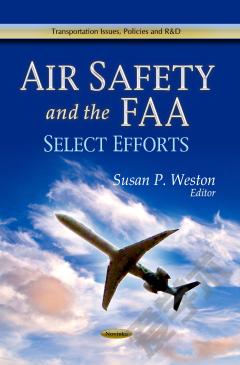
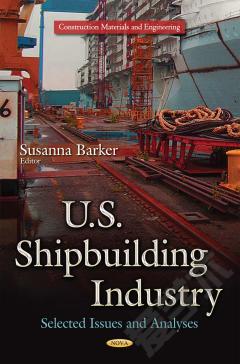
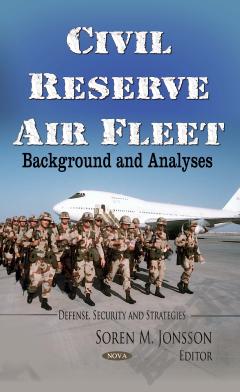
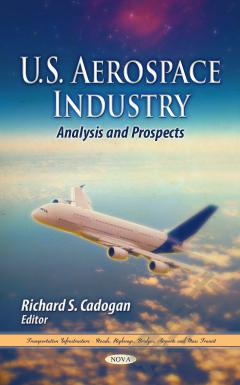
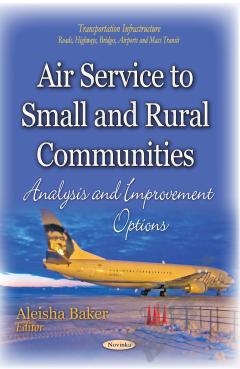


 京公网安备 11010802027623号
京公网安备 11010802027623号